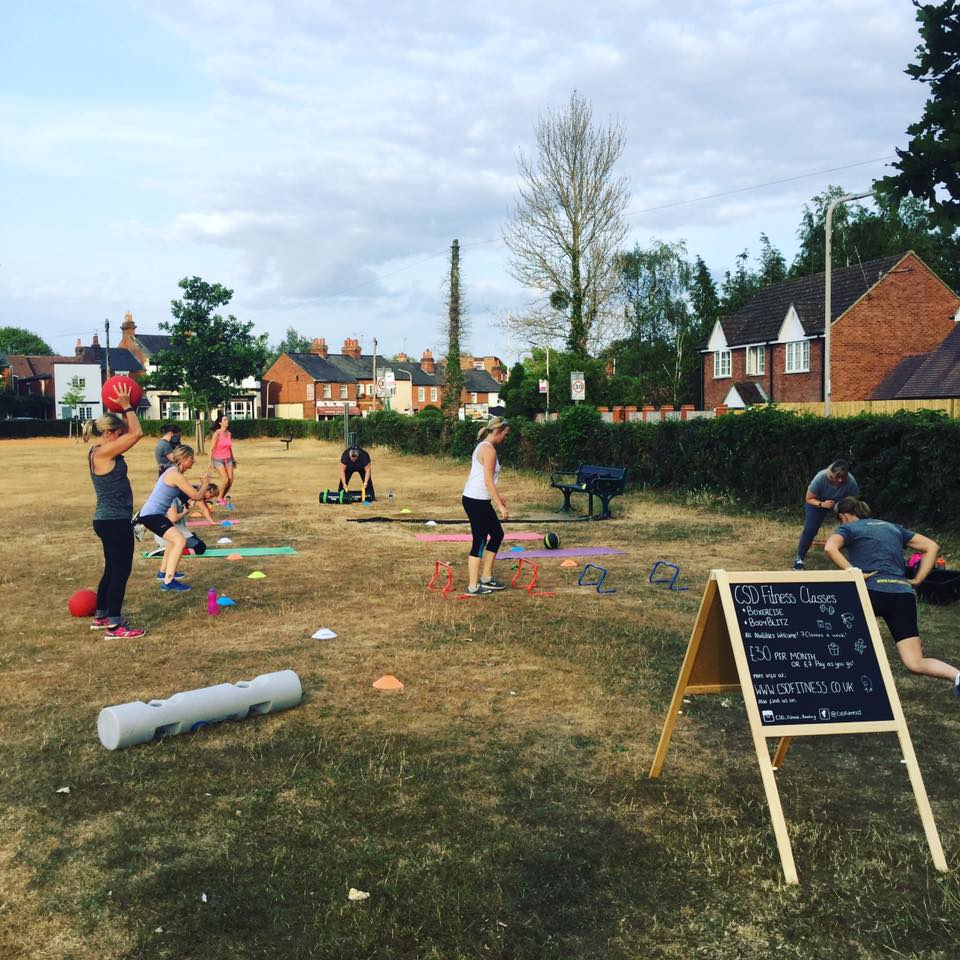Title: The Reality Check for Healthcare Developers: Understanding the Clinical Environment
When venturing into healthcare technology development, firsthand experience within clinical settings remains indispensable. Having spent three years working in a hospital, I’ve witnessed firsthand the disconnect that often exists between software innovators and the realities of patient care.
Many vendors arrive with solutions they claim are “revolutionary,” yet lack a practical understanding of daily hospital operations. For example, I once encountered a startup proposing a patient intake system designed to streamline processes. Unfortunately, their solution would have inadvertently increased appointment durations by 20 minutes because they didn’t involve front desk staff in the design process. The front desk personnel, like Karen, who has optimized patient flow for over a decade, knows more about operational efficiency than many engineering teams yet is often overlooked.
Initially, I was guilty of this oversight myself. I once developed a straightforward patient scheduling application, only to encounter unexpected challenges related to insurance authorizations, provider credentialing, and scheduling nuances. Real improvement only came after spending extensive time shadowing clinical staff, gaining insight into how clinics operate, especially during peak seasons like flu outbreaks.
It’s astonishing how many developers attempt to craft healthcare solutions remotely, without immersing themselves in the clinical environment. When your work impacts vital areas such as insulin delivery or emergency procedures, a “move fast and break things” approach isn’t just risky—it’s potentially life-threatening.
Has anyone else experienced a humbling moment working in healthcare development? Or is it just me realizing that digitization isn’t a one-size-fits-all fix? Truly understanding the clinical workflow is essential for creating effective, safe, and user-centered healthcare technology.

